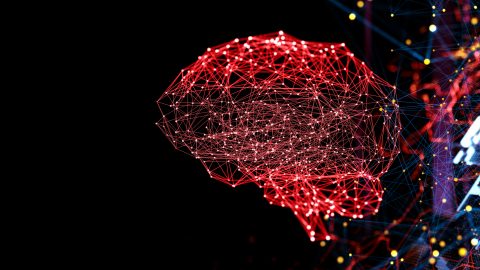Intuitive Eating Isn’t a Diet
In a world obsessed with diets and weight loss, intuitive eating has emerged as a refreshing and empowering alternative. It’s essential to understand that intuitive eating isn’t just another diet; rather, it’s a holistic approach to nourishing your body and cultivating a healthy relationship with food. Let’s delve into the reasons why intuitive eating stands apart from conventional diets.
1. No Food Restrictions:
One of the primary distinctions between intuitive eating and traditional diets is the absence of strict food rules. In diets, certain foods are often labeled as “forbidden,” leading to cravings, guilt, and binging when those restrictions are broken. In contrast, intuitive eating encourages you to enjoy all foods in moderation. It promotes the idea that no food is inherently “good” or “bad,” fostering a more relaxed and guilt-free attitude toward eating.
2. Emphasis on Listening to Your Body:
Intuitive eating is centered around the concept of tuning into your body’s internal cues. Instead of adhering to external diet guidelines, intuitive eaters learn to trust their hunger and fullness signals. This means eating when you’re genuinely hungry and stopping when you’re satisfied. It encourages a deep connection with your body’s natural wisdom, promoting self-awareness and self-compassion.
3. No Calorie Counting or Tracking:
Unlike many diets that require meticulous calorie counting, intuitive eating rejects the notion of constantly monitoring your food intake. It encourages you to rely on internal cues, such as hunger and fullness, rather than external measurements. This liberating aspect of intuitive eating can help individuals break free from the cycle of obsession with numbers and food tracking.
4. Rejecting the Diet Mentality:
Intuitive eating challenges the diet mentality that has permeated our culture for decades. Diets often promise quick fixes and unrealistic weight loss goals, creating a cycle of hope and disappointment. Intuitive eating, on the other hand, focuses on long-term well-being rather than short-term results. It encourages you to embrace your body as it is and prioritise health and happiness over weight loss.
5. Promotes Mindful Eating:
Intuitive eating promotes mindfulness in every aspect of eating. It encourages you to savour and enjoy your food fully, paying attention to taste, texture, and satisfaction. This mindfulness extends to your body’s hunger and fullness cues, enabling you to make food choices that genuinely nourish and satisfy you.
6. Addresses Emotional Eating:
Traditional diets often overlook the emotional aspect of eating. In contrast, intuitive eating acknowledges that emotions play a significant role in our relationship with food. It encourages you to identify emotional triggers for eating and develop healthier coping mechanisms, fostering a more balanced and holistic approach to well-being.
7. Sustainable for Life:
Perhaps one of the most significant distinctions between intuitive eating and diets is its long-term sustainability. Diets are typically temporary, leading to inevitable rebounds and the cycle of weight loss and gain. Intuitive eating is a lifelong approach that can be practiced at any stage of life, ensuring a consistent and sustainable way to maintain a healthy relationship with food.
Conclusion
Intuitive eating isn’t a diet; it’s a paradigm shift in how we approach food and our bodies. It encourages self-compassion, body acceptance, and a deeper understanding of our own hunger and fullness cues. By rejecting rigid food rules, calorie counting, and the diet mentality, intuitive eating provides a more sustainable and holistic path to overall well-being and a healthier relationship with food that can last a lifetime. It’s not about restriction and deprivation; it’s about nourishing your body and soul with love and respect.
Help with Intuitive Eating
Contact Alison at Try Freedom for help with succeeding on your intuitive eating journey without turning it into another diet.






